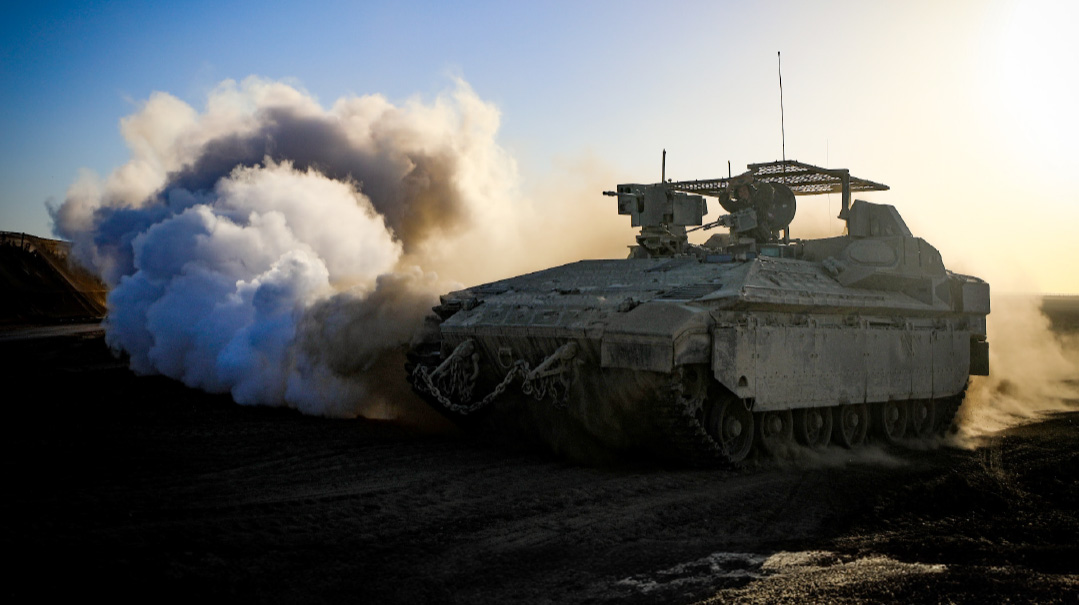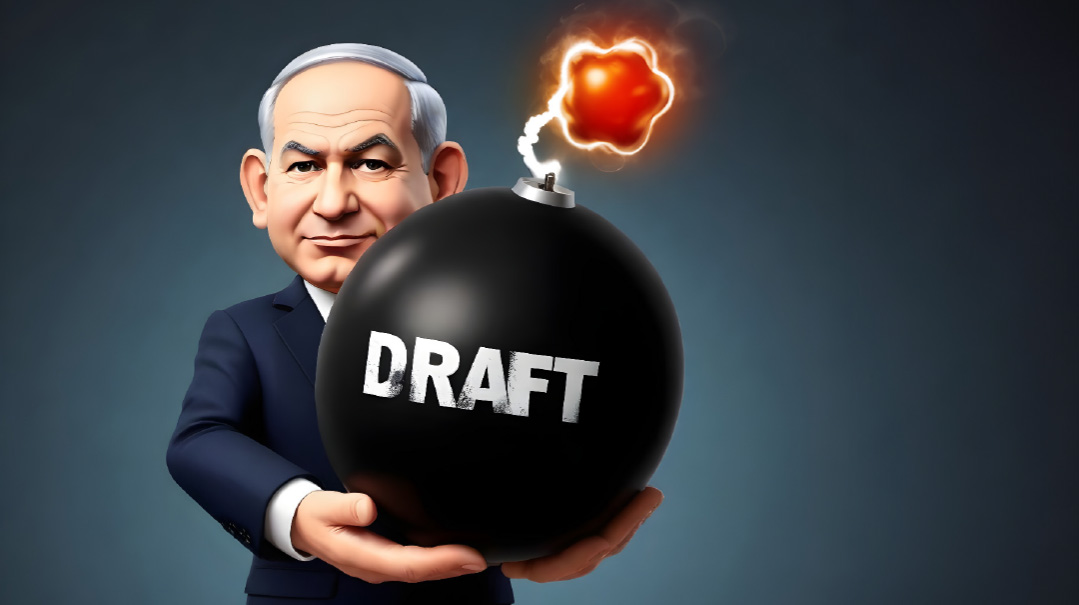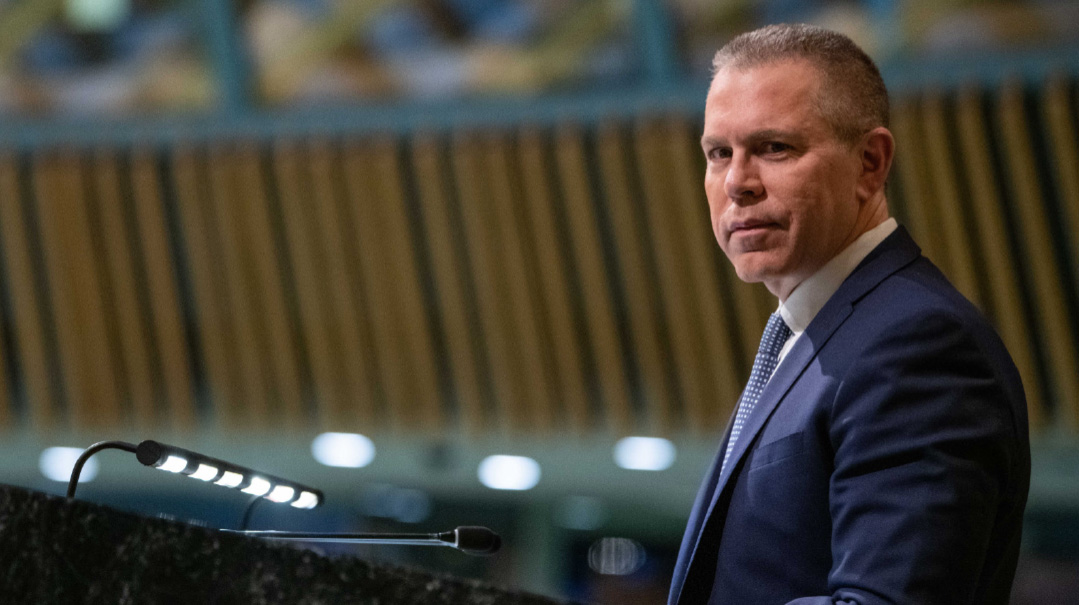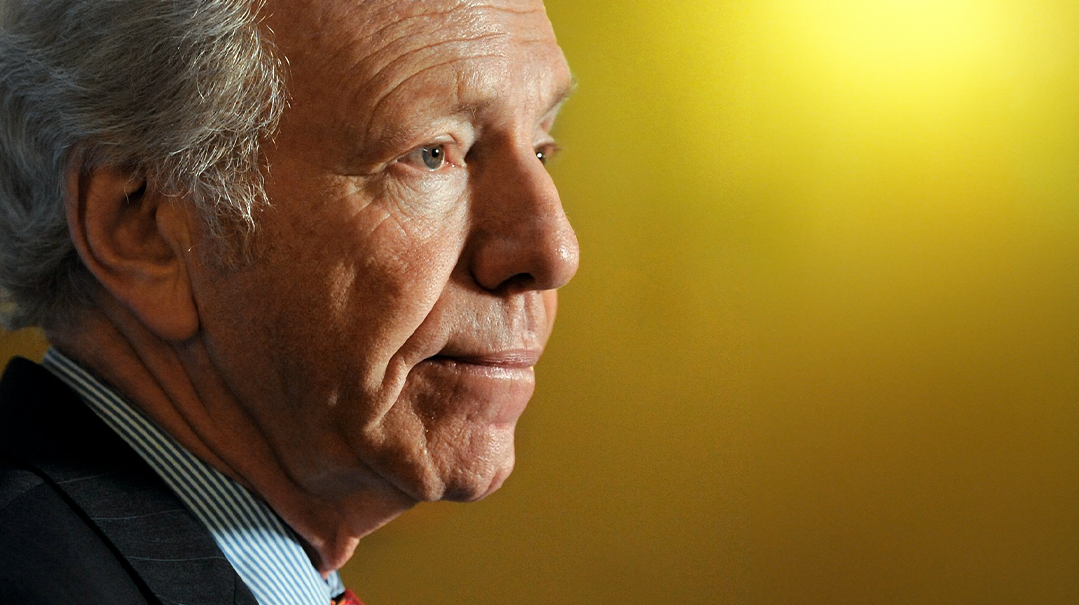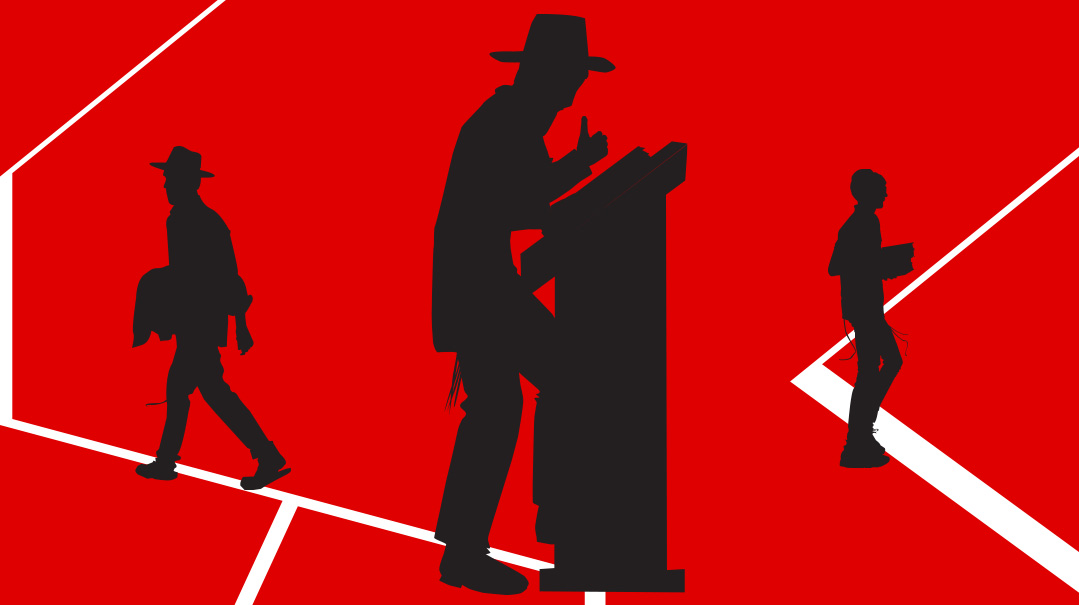The Russians Are Coming

Ukraine and its Jews hunker down under threat of invasion
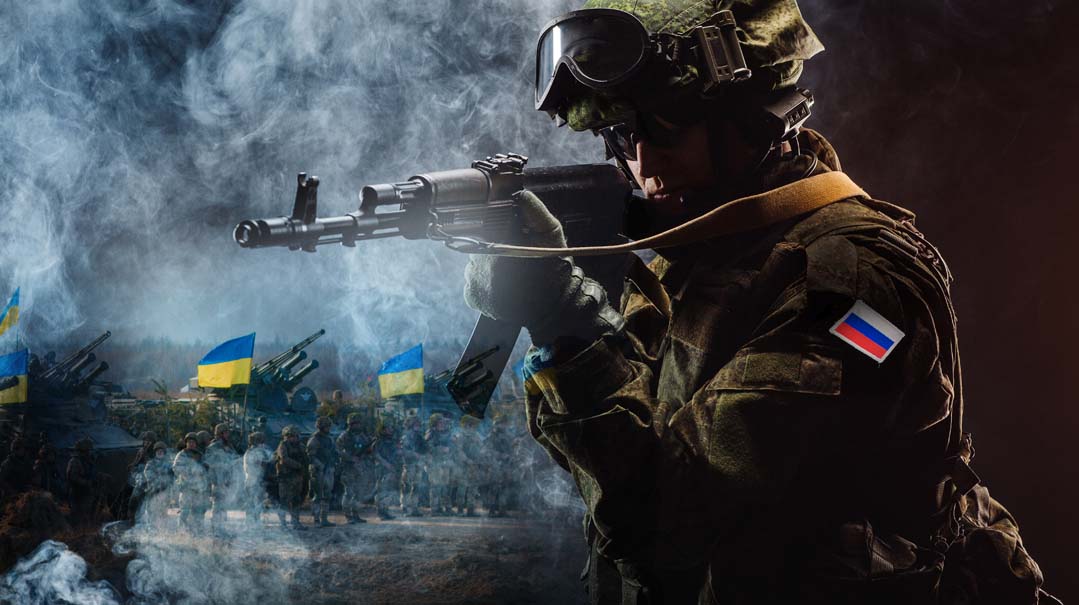
Photos: AP images
With 130,000 Russian soldiers crowding its borders on three sides, Ukraine is feeling the noose around its neck getting tighter by the day. Kiev’s army is no pushover; after Russia’s, it is the second-largest military force in Europe. As the two sides stare each other down, all it will take to light the powder keg is one overenthusiastic junior officer making an error in judgment.
Long historical ties bind the two nations together, and when Russian leader Vladimir Putin invaded Ukraine’s Crimean peninsula and Donbas region in 2014, there were many in the country who supported him. But if the Russians are expecting this time that they will be welcomed with flowers — even in the traditionally pro-Moscow half of the country, east of the Dnieper River, they might be in for a surprise.
“Since the invasion of Crimea in 2014, things have fundamentally changed for many Ukrainians,” says Tzvi Arieli, a former Israeli who has lived in Ukraine since 2013.
A native of Latvia, Arieli lived in Israel for 20 years and served in the IDF. He trained Kiev Jews in self-defense when they came under attack in 2014, and he later advised the Ukrainian army.
“Before 2014, there many [pro-Russian] nationalists here,” says Arieli, “But seeing what happened then changed people’s worldviews. Till then, they viewed the Russians as their older brothers in the Orthodox Christian faith. None of them expected that their brothers would attack them. After seeing what happened in Donbas, 80 percent of Ukrainians are united against Russian rule. They see how people in Donbas lost any kind of freedom, they cannot leave, they don’t have a bank account or a credit card.
“The Ukrainian mentality is fundamentally different from the Russian one. While Russians are ready to suffer, Ukrainians love their freedom.”
Things have changed for some Russians, too, Arieli says. Many of them only get their news via the state-affiliated TV networks broadcasting official propaganda. In 2014, many Russian fighters were convinced they were coming to fight a fascist regime in Ukraine, and they wanted to follow in the footsteps of their Red Army veteran grandfathers who fought the Nazis. What they found on the battlefront surprised them.
“I killed many people,” a Russian soldier would say later on the media, “but I haven’t met a single Nazi.”
The fear of war is very real. To have missiles and rockets raining on Kiev, a city of four million people, would be no joke, Arieli says. But he hopes cooler heads prevail on the Russian side, because of the price they would have to pay. While Ukraine’s army is smaller than Russia’s, it could still inflict heavy losses on invading forces.
“Even if they are not getting real news on TV, every Russian city would start receiving coffins,” says Arieli. “And if they lose even one airplane every day, eventually the Russian people will find out about it. Putin can’t afford to pay this political price, and would not want to.”
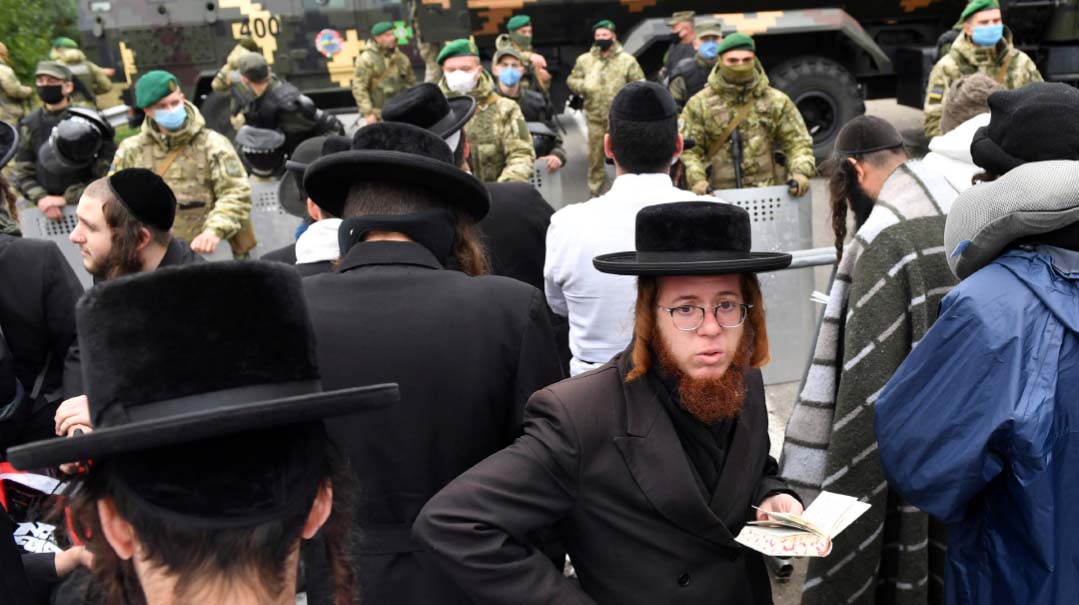
Paradigm Shift
Ukraine’s Jewish community has also experienced a paradigm shift since the last Russian intervention. The country has never been a warm home for Jews. But since 2014, although anti-Semitism still undeniably exists, it is no longer viewed as mainstream.
“There was a neo-Nazi leader who is now a friend of mine, among many others like him,” Arieli tells us. “Anti-Semitism is not an acceptable view anymore, and most Ukrainians would reject it themselves if someone expressed such views. And while Volodymyr Zelensky wasn’t elected president in 2019 for being Jewish, the fact that 74 percent of Ukrainians cast ballots for a man who never hid his identity shows that anti-Semitism is not a factor.”
While they face the Russian threat as part of the Ukrainian nation, Jewish leaders are still preparing the community for a war, should it break out. Officially, none of them would talk about the measures being taken, but they are preparing safe havens outside the big cities, where Jews could be evacuated to if missiles start falling. Some are making preparations for multiple casualty events.
Other than that, Israel’s Ministry of Foreign Affairs has distributed a form for Israelis in Ukraine to submit with their details, in case the Israeli government decides to evacuate its nationals from the country. Tzvi Arieli views this with dismay.
“The fact they speak about Israelis and not about Jews speaks for itself,” he says. “And nobody is inviting us.”
Arieli demurs when asked if the community is considering aliyah en masse. “We may discuss aliyah in general terms, but I’m not sure it’s right to make such a decision under pressure.”
But despite Arieli’s disappointment at Israeli inaction, the government is, at least on some levels, taking steps to get ready for mass immigration. Minister of Aliyah and Integration Pnina Tamano-Shata has held several meetings on the issue, and said recently, “Ukrainian Jews are dear to Israel, and our door is always open for them on ordinary times as well as on emergencies.”
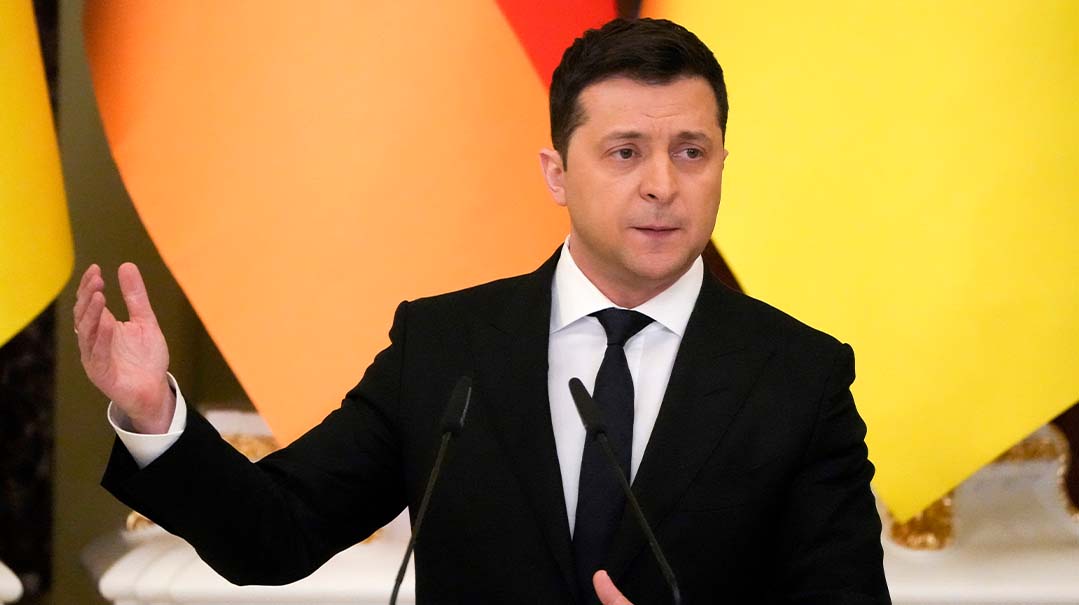
A Country Divided
In his 2005 state-of-the-nation address, Russian leader Vladimir Putin said the collapse of the Soviet Union was “the biggest geopolitical catastrophe of the 20th century.” He has made his intentions toward Russia’s neighbors well known since then. But why is he choosing to focus on Ukraine, and not, for example, any of the much smaller Baltic states? And why now?
Professor Jonathan Dekel-Chen of the Hebrew University history department says there are two reasons, one strategic and one nationalistic.
“Strategically, the Baltic states —Estonia, Latvia, and Lithuania — have nothing to offer Russia,” he says. “Russia does not need them for any geopolitical reason like access to the sea, or any economic reason like a passage for oil lines. The Baltic states present no threat to Russia, not by themselves, and not as a launching point for NATO forces.”
Ukraine, on the other hand, is a different story.
“For us Westerners, it might sound like a cliché,” Professor Dekel-Chen comments. “But the Russian memory still holds historic invasions from the West, from Germany or Romania. In addition, energy products are Russia’s most important export, today and for the foreseeable future. And those products are streaming to Europe via Ukraine. Whoever controls this corridor controls the Russian economy, and this is an explosive subject for both sides. Russia needs the income, and Europe needs the natural gas.”
But much Professor Dekel-Chen says that for Moscow, the nationalistic motivation is even stronger than the strategic one. Any Russian patriot will insist wholeheartedly that Ukraine is part of Russia. The Russian Empire has its historic roots 10th-century Kiev, when a local prince converted to the Eastern Orthodox Christian faith, founding what is now the Russian church. Russia and Ukraine are connected by a single umbilical cord.
“That does not mean that the Russians always controlled that territory, because there were other invaders and other empires over time,” says Prof. Dekel-Chen. “But the Russians have never doubted that these two Slavic Orthodox nations, with closely related languages and a common history since the tenth century, form a union. Is that the reality? That’s a different question, but that’s how the Russians view it.”
While Russians are largely of one view, Ukrainians have been more divided. The Dnieper River runs through the country from north to south; on the eastern side there is a stronger Russian cultural influence, more economic ties to Moscow, and also a large percentage of ethnic Russians. West of the river, Ukrainian nationalist sentiment runs stronger.
“There is no consensus within Ukraine about its future, how deep should its ties with the West should be, or should they tie themselves to the east,” says Professor Dekel-Chen.
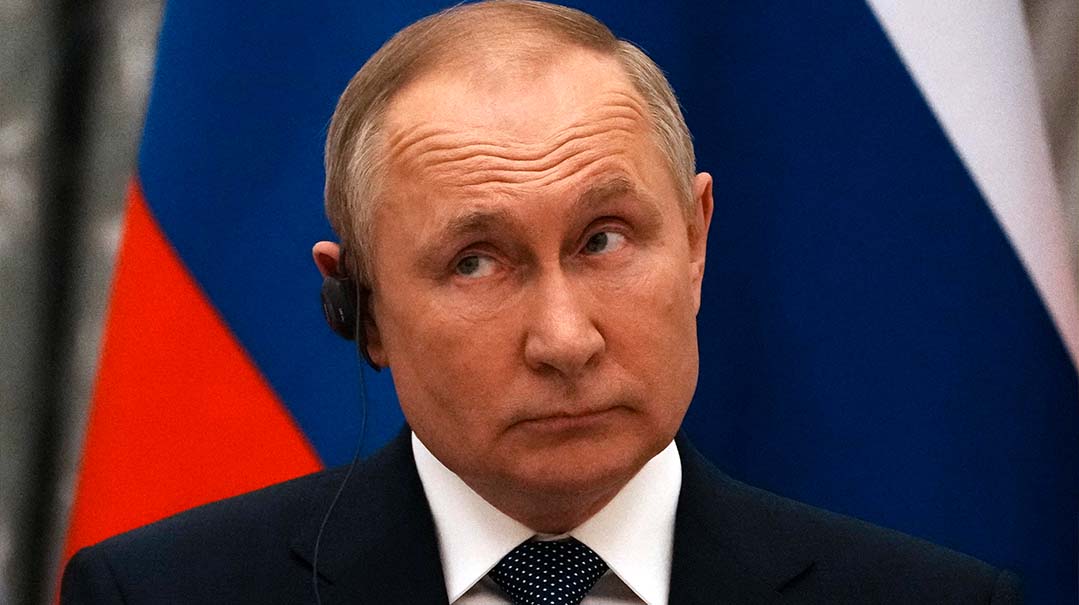
Will Putin Invade?
So how likely is it that Russia will invade, then? The answer to that is riding largely on how suspicious Moscow is of the West.
When the Soviet Union collapsed in 1991, Russian national pride had to swallow the loss of Ukraine and 14 other constituent republics. But in those heady days of newfound freedom, the Russians got the impression that the West had no intention whatsoever to recruit Ukraine or any other former Soviet republic for NATO membership. This was borne out by assurances from President George H.W. Bush and his secretary of state, James Baker.
This status quo obtained until the late 1990s and early 2000s, when Ukraine began gradually shifting toward the West culturally, economically, and politically. Some in Kiev spoke of joining the European Union and NATO.
The Russians, who view Ukraine through an emotional lens, are suspicious, says Prof. Dekel-Chen. They are asking themselves why, thirty years after the collapse of the Warsaw Pact, NATO —created by the West to counter the USSR — still exists. And why is NATO stationing forces in countries like Lithuania, Latvia, and Poland, not to mention Ukraine?
“This is a bad sign for the Russians, that the West has malicious intentions against them,” says Prof. Dekel-Chen.
Putin, says Prof. Dekel-Chen, is fueling those feelings. And given that ordinary Russians now have no personal freedom, and the economic situation outside the big cities is not so good, Putin is ruling as most autocrats do — he is looking for enemies, real or imaginary to distract his people and strengthen his legitimacy.
“The question is — and I have no answer, probably nobody does — did Putin climb a tree too high? And will the West hand him a diplomatic ladder to climb down, before someone starts shooting?”
As this article goes to press, Russia was hinting that if Ukraine officially backs off plans to join NATO, the whole situation could cool down. Will this prevent war?
Tzvi Arieli, for one, thinks that NATO membership is not a good option for Ukraine anyway. “NATO doesn’t take countries with unsolved issues as members,” he says, “and while officially no one is stating it, the Russians know this very well.”
It could be the ladder Putin is looking for. But as of now, Ukraine is refusing to commit to such an idea, so tensions remained unresolved.
(Originally featured in Mishpacha, Issue 899)
Oops! We could not locate your form.
